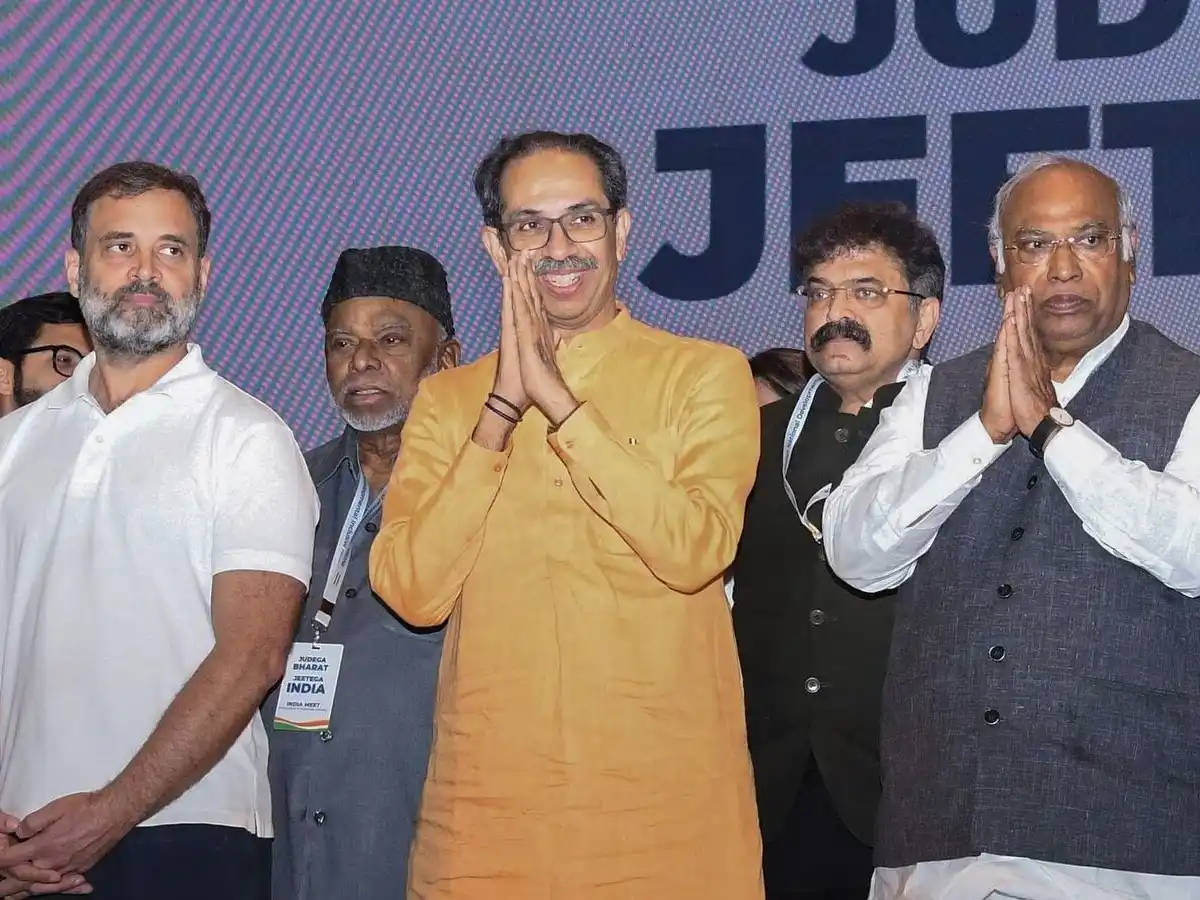The upcoming assembly elections in Maharashtra are heavily influenced by the political parties’ performance in the 2024 Lok Sabha elections due to the short time gap between the two. Data shows that despite a decrease in the BJP’s Lok Sabha seats, there hasn’t been a significant drop in its percentage of votes.
Based on the Lok Sabha election outcomes, the Maha Vikas Aghadi (MVA) parties are optimistic, however, the BJP, the main party in the Mahayuti, remains a force to be reckoned with despite their election setbacks. Since 2014, BJP has consistently had a larger vote share than other political parties in both the assembly and Lok Sabha elections in Maharashtra.
The nomination period in Maharashtra has ended and in the coming days, prominent leaders from BJP, Congress, NCP, and both branches of Shiv Sena will be actively campaigning in the state. Voting for the 288 assembly seats in Maharashtra will take place on November 20 in a single phase. Voting results will be tallied on November 23.
A fierce and tight competition can be observed between the governing Mahayuti (BJP, Shinde faction’s Shiv Sena, and Ajit Pawar’s NCP) and MVA (Congress, Sharad Pawar’s NCP, and Uddhav’s Shiv Sena). Several minor parties and unaffiliated candidates are demonstrating their influence in the electoral process.
In the 2024 Lok Sabha elections, BJP won just 9 seats out of 28 it contested, but secured 26.4% of the vote share, surpassing all other political parties. Despite the BJP’s poor electoral performance in comparison to the 2019 Lok Sabha elections, the prominent leaders of Maharashtra BJP are content that their vote share did not decrease significantly despite winning fewer seats.
During the Lok Sabha elections, Congress competed in 17 seats and emerged victorious in 13 of them. Despite winning a greater number of seats than the BJP, Congress had a lower vote share. Congress received 16.9% of the votes. Shiv Sena, led by Uddhav Thackeray, participated in elections for 21 seats and emerged victorious in nine, securing 16.7% of the votes. Meanwhile, NCP, led by Sharad Pawar, contested in 10 seats, winning eight and receiving a 10.3% vote share.
When discussing BJP’s partners, Shiv Sena led by Eknath Shinde ran for 15 seats, securing 13% of the vote and capturing seven seats. A total of four seats were contested by the NCP, headed by Ajit Pawar, resulting in a vote share of 3.6% and the winning of just one seat.
In 2019, the BJP received 27.8% of the votes, a little more than what it is expected to receive in 2024. The Congress received 16.4% of the votes, while Shiv Sena and NCP each secured 23.5% and 15.7% of the votes, respectively.
During the assembly elections in 2014 and 2019, the BJP received a greater percentage of votes compared to other political parties. In 2019, while partnering with the unified Shiv Sena, the party competed in 164 constituencies and received a vote share of 25.8%. Congress and NCP, as rivals, received 15.9% and 16.7% of the votes, respectively. Shiv Sena, united, garnered 16.4% of all votes.
Even though BJP’s results in the recent elections were not as good as in the 2019 Lok Sabha elections, the top leaders of Maharashtra BJP are pleased that their vote share did not decrease significantly even though they won fewer seats.
In 2014, BJP contested 260 assembly seats independently and received 27.8% of votes, surpassing undivided Shiv Sena (19.4%), Congress (18%), and undivided NCP (17.2%). Congress and NCP chose not to run together in that election. During the 2014 Lok Sabha elections, BJP participated in 24 contests, emerging victorious in 23 while securing 27.6% of the total votes. At that time, Shiv Sena received 20.8% of the votes, while Congress got 18.3% and NCP secured 16.1%.
These statistics indicate that over the past decade, BJP has outperformed all rival parties in the state as well as those in the NDA. A BJP leader asserts that this demonstrates our loyal support base is still with us. He states that the primary voter base is larger in urban areas compared to rural areas in the state.
Will the MVA alliance, which had a significant lead in the Lok Sabha election results in Maharashtra, be able to hold onto their advantage after analyzing all the data? Can the parties in the MVA sustain the success of the Lok Sabha elections in the upcoming assembly elections too? Can they replicate their success against the BJP and Mahayuti in terms of seats as they did in the Lok Sabha elections? In the midst of these major inquiries, the electoral competition in Maharashtra has become highly intriguing and heated.

